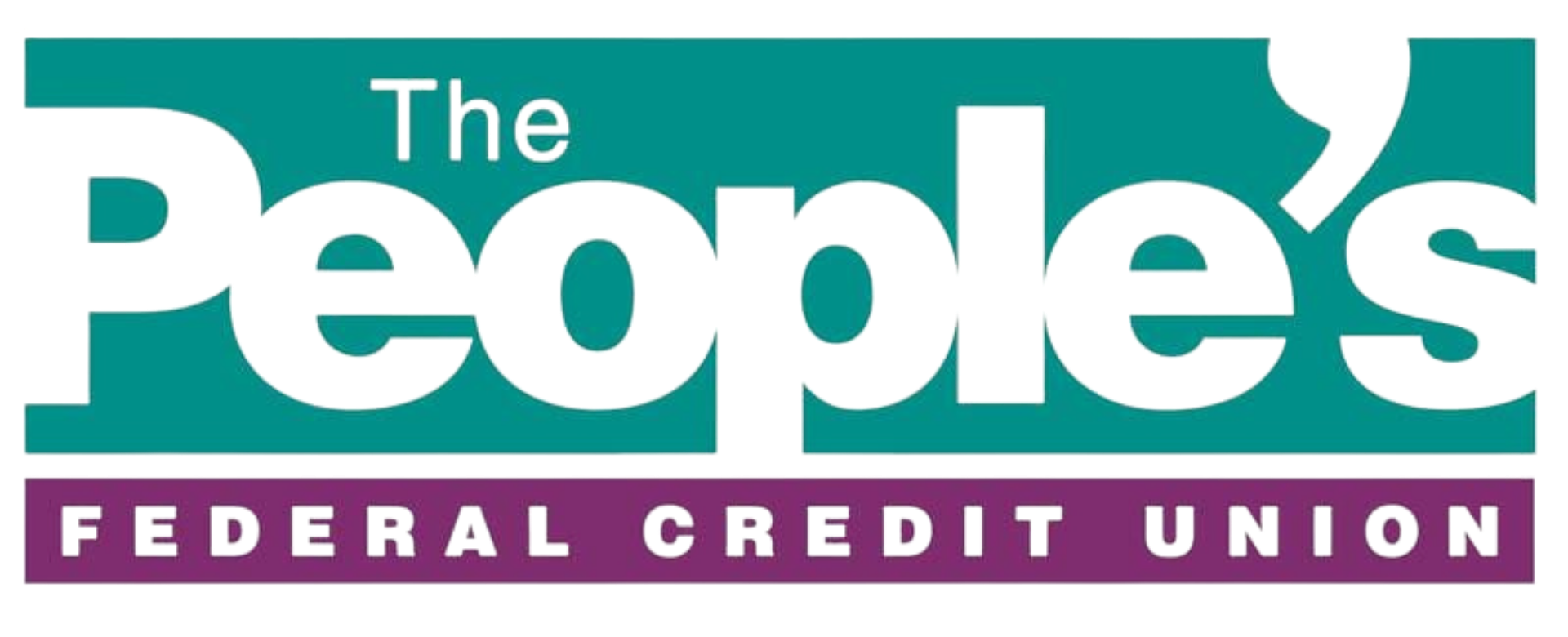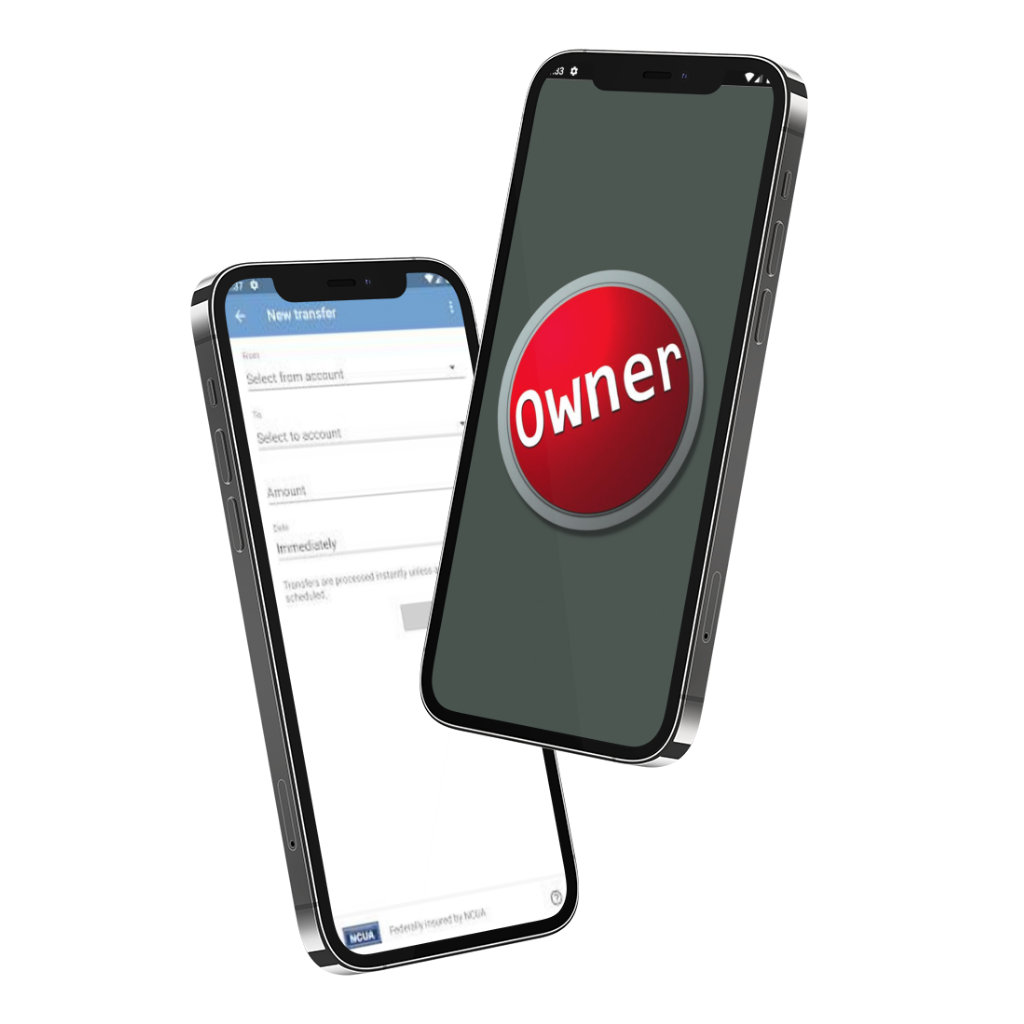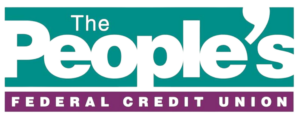Staying safe online involves mitigating many new risks and emerging forms of fraud.
Online fraud is on the rise around the world as many people engage in internet-based transactions at an ever-increasing rate. Whenever you place a purchase online, you have to have a good understanding of the risks involved to stay out of trouble. However, even those looking to sell or simply find employment on the internet can be at risk.
Cyber criminals have begun harvesting user information to perpetrate increasingly complex forms of fraud. To keep your money, data, and identity secure, you should first learn how to identify internet scams by their warning signs. Read on to learn how to do this as well as ways that you can address crimes fraudsters have committed against you.
What Are Internet Scams?
To put it simply, internet scams are any and all scams that leverage online, internet-based technology to victimize people or institutions.
If data is illegally or nonconsensually accessed online, it constitutes a kind of internet scam. These novel scams come in all kinds, ranging in purpose from financial theft to harassment and even espionage.
Here are a few common types of scams being perpetrated online:
- Overpayment and Chargebacks – This type of scam appears genuine at first. Online sellers and e-commerce companies can find themselves the beneficiaries of a payment in excess of what they normally charge for a given product or service. When the buyer asks for the surplus to be returned to them, the legitimate seller obliges. However, the buyer then files a complaint or requests a chargeback, resulting in both what was originally sent and what the seller returned being debited from the seller’s account.
Chargebacks can also occur when a given item is purchased and received by a fraudulent buyer, resulting in the loss of both the payment and the product on the part of the seller.
- Impersonation – Faked social media accounts copying those of real people can target that person’s contacts to gather information, engage in defamation tactics, or even extort people.
- Fake Job Opportunities – Phony employment opportunities offered online often promise excellent compensation and benefits to lure in applicants. Many applicants are “selected” and asked to fill out paperwork with personal details such as their social security number, banking information, etc. This information is then used to steal their identity and apply for benefits or even take out lines of credit.
How can you protect yourself from fraud? Well, although the above examples can be difficult to detect, there are ways to spot fraud before it can affect you.
Signs of Fraud, Hacking, and Theft
Identifying online threats early on can help you head off potential disaster and costly mistakes. Here are a few ways to highlight risks of fraud, hacking, and theft before they amount to much:
Signs of Online Fraud
For buyers considering placing a purchase with a seller for the first time, it is important to recognize warning signs of fraud before handing over any important information. Only accepting untraceable forms of payment, using product images that come from outside sources, and offering prices far below legitimate competitors for popular products are all signs that something is wrong.¹
Signs of authenticity include accepting multiple traceable forms of payment, having positive reviews both on as well as off of their website, and being available to contact directly for customer service queries.
Signs of Hacking
If your online accounts are hacked, your personal information could be used by scammers or even distributed on the dark web. This is especially true of email accounts, which often tie into many other important personal accounts online.
Signs your accounts have been compromised include reported data breaches of organizations you currently have accounts with,² changed account details in your personal settings, and illegitimate login attempts logged in your account details.

Signs of Online Identity Theft
In the case of identity theft, late signs can range from unexpected debt collection calls to health and unemployment plan complications.³ Addressing early warning signs is a much better alternative to dealing with the above. New employers demanding important personal information in exchange for benefits without any proof of their own authenticity and online sellers doing the same before you can complete a purchase are good signs that your identity may be at risk.
What to Do if You’re a Victim of Fraud
Victims of online fraud should act fast to secure their identity, accounts, and funds.
The first step you should take involves reaching out to government officials and industry governing bodies to report the incident. In the case of most kinds of cyber crime in the U.S., you can send your report to the Internet Crime Complaint Center (IC3). Additionally, it may help to file a report through the FBI’s online tips form.⁴
To report a suspected case of identity theft, you can contact IdentityTheft.gov for assistance. Your local federal credit union can be of service in such situations as well.
At The People’s Federal Credit Union, we offer protection to help prevent all kinds of credit fraud. With our checking accounts, you benefit from automated dark web monitoring, constant credit monitoring, and more. If you notice suspicious transactions occurring with your card details, you can quickly report them as lost or stolen to curb criminality. Give us a call at 806-359-8571 to learn more about our services.








